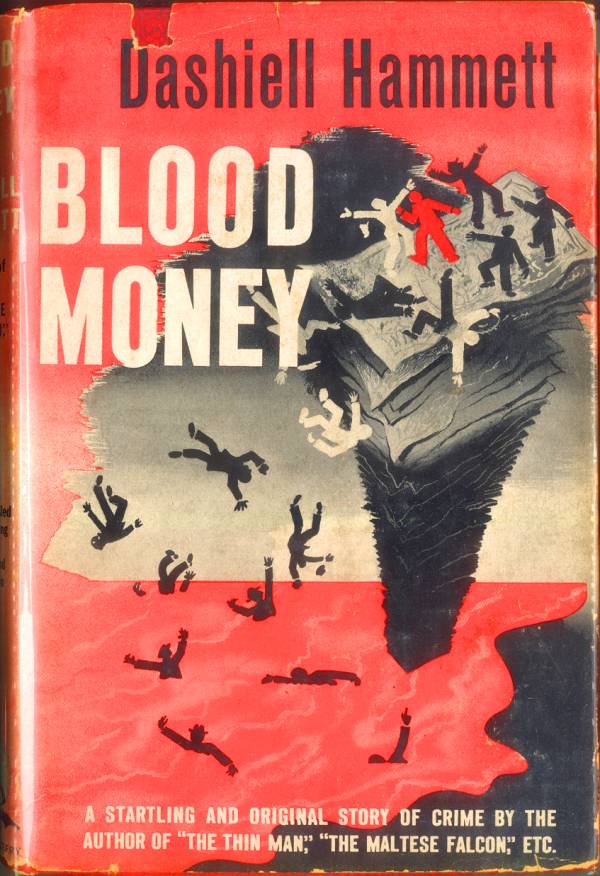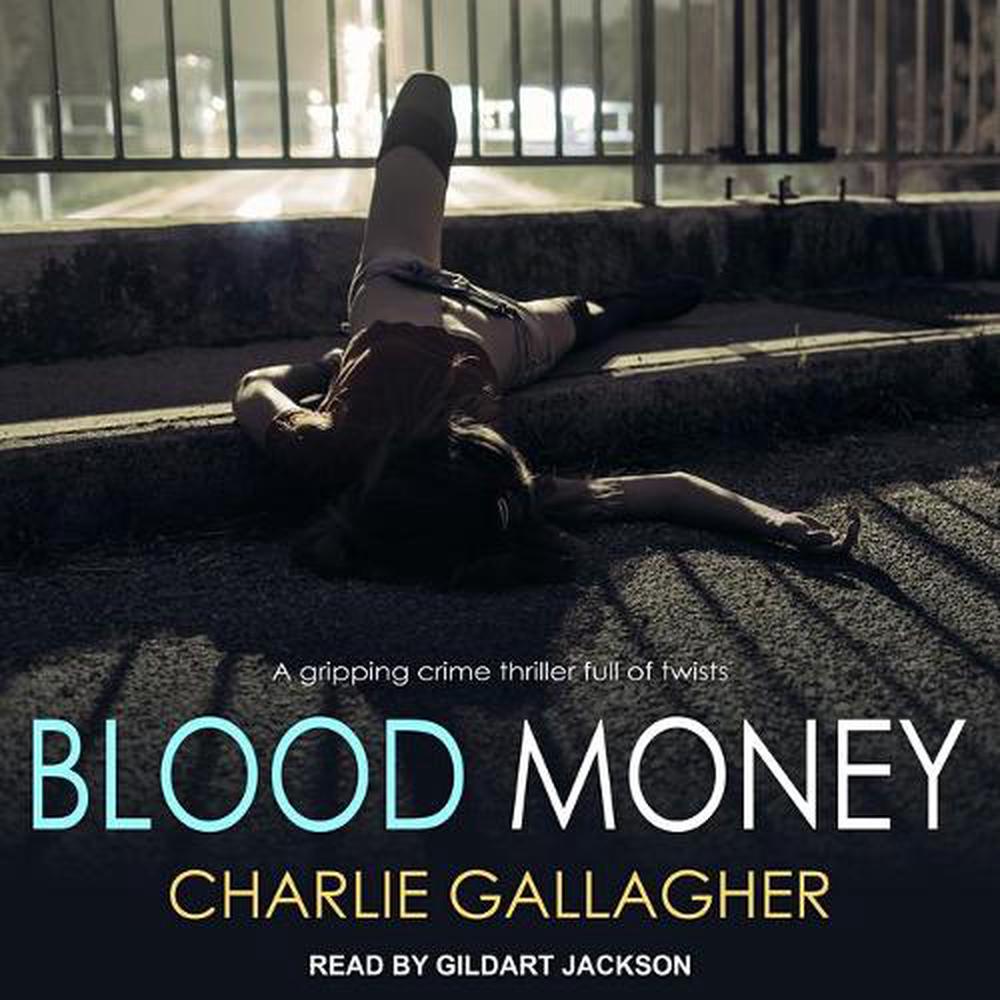

They’re on life support through the Federal Reserve Bank. Estimates are that 16 percent of all the firms in the United States are zombie firms. And that’s why you’ve heard recurrently over the last decade the term ‘zombie firms.’ Because there were companies that were completely inefficient and unprofitable in capitalist terms, who could keep borrowing money for free to stay alive. And that’s because by pumping trillions into the financial system, by pushing interest rates down effectively to zero, it meant that companies that were in essence bankrupt could stay alive with free money. The problem is it also meant that capitalism couldn’t destructively restructure itself. Unprecedented-and it did prevent a 1930s-style crash with 25 percent unemployment and so on.

In the United States, they pumped something between $19 trillion and $29 trillion into the financial system to rescue the banks. But that one looked and felt different in all kinds of ways, because central banks around the world intervened massively to prevent a collapse of the banking system. We then had the decade-long crisis 1971-82 and we entered the fourth great contraction in 2008-9. Then we had the catastrophic slump of the 1930s. So, the first one came at the end of the nineteenth century, 1873-96, and that was the original Great Depression. And by that I mean a period of a decade to three decades of stagnation, slump, recurring recessions, and so on. The downturn of 2008-9 was the fourth great contraction in the history of capitalism. There’s a growing recognition that this is a massive contraction in the global system and I just want to really share with you a few thoughts and observations about that.

The Washington Post ran an article yesterday in which a mainstream economist used the word ‘depression.’ The Guardian has a similar article today. Well, now radicals like myself are being completely bypassed in the mainstream. And so I called 2008-9 a global slump but did not use the d-word. I felt that comparisons to the 1930s were not always appropriate, even when we’re looking at a huge global crisis. Many of you know that I’m someone who has avoided using the d-word-‘depression’-even around 2008-9. This is the transcript of a talk originally given on Apas part of an online meeting titled “ Coronavirus, Crisis and Class Struggle,” co-sponsored by New Politics.


 0 kommentar(er)
0 kommentar(er)
